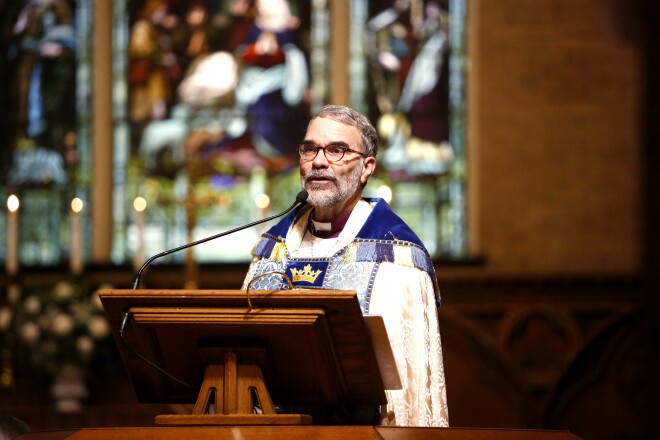Complicity

One has to be judicious nowadays on what one comments on politically, but today's news item about Marine Le Pen caught my eye. The extreme French nationalist candidate denied that the French have guilt with respect to the Holocaust, since it was the Gestapo who actually rounded the Jews up.
What caught my attention was the connection to the moment in the reading of the passion narrative on Palm Sunday and Good Friday when we join the crowd in asking for the release of Barabbas instead of Jesus. Surely this is the moment when complicity as a central feature of sin is held up to our eyes. We cannot draw clear and distinct lines of guilt so that we are off the hook - we share the blame with others. We see this across generations in Greek tragedy; we see this across relationships in family systems; we see in society in the flaws and blind spots that whole worldview share. Thomas Merton wrote "conjectures of a guilty bystander," with the concept of complicity packed therein.
To be sure, we cannot dissolve the concept of individual responsibility, as the prophet Ezekiel emphasizes. But it must be held in balance with the idea of solidarity. The latter, in the state of corruption, is connected to what the New Testament calls "the powers and principalities," forces which run both within and around us, which envelop us in complicity with our half-knowledge.
Of course all this is counter-point in Holy Week to that other, yet greater complicity: "as all died in Adam so we're all made alive in Jesus Christ." (Paul, Romans)



